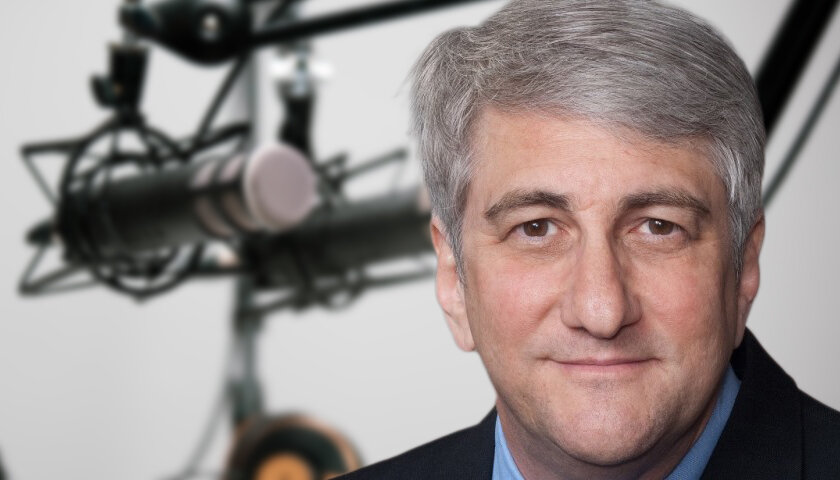Being More Careful Expressing Statements About What Might not Be Factual for Other People
(Edward Livingston, a now former editor at JAMA, after he resigned due to ignorant but offensive remarks)
Our experiences and the lens in which we see the world is not always the same for other people. This is critical to understand before we assess situations, make judgments and communicate if we are to avoid missteps or reckless communication, to limit the likelihood that we will cause upset for others, offend, invite backlash and walk right into potential consequences and pain.
The editor in chief of the Journal of the American Medical Association, guilty by association in the minds of critics and likely his superiors, has decided to resign, Robbie Whelan reported in the Wall Street Journal, after JAMA produced a podcast episode and issued a tweet that questioned whether racism in medicine really existed.
Howard Bauchner, editor since 2011, took the fall for ignorant, yet inflammatory comments made by Edward Livingston, a high-ranking editor at JAMA.
Livingston reportedly communicated, “Many people like myself are offended by the implication that (healthcare professionals) are somehow racist.” The podcast was preceded by a tweet on the Twitter account of JAMA, that said, in part, “No physician is racist, so how can there be structural racism in health care?”
In Livingston’s eyes, ears and mind, I’d speculate he really believed it. He likely was not being a denier of fact. Yet his experience is not everyone’s experience and he is not of a race that is known to be on the painful side of racism.
Dr. Bauchner knew what he had to communicate, to put out the fires of emotion in other people’s minds.
“Comments made in the podcast were inaccurate, offensive, and hurtful, and inconsistent with the standards of JAMA,” he said. “Racism and structural racism exist in the United States, and in healthcare.”
Bauchner took it farther, saying that as top editor, it was he who bore ultimate responsibility for the incident involving Livingston, even though he had not been involved in the production of either the podcast episode or the tweet.
Dr. Livingston is now gone too, having resigned as deputy editor of JAMA.
What can be learned here? Livingston just didn’t slow his mind down sufficiently and conduct forward thinking to consider how his remarks might play in a public setting, where not everyone would agree with him. He simply didn’t consider how a segment of the population would be hurt, appalled and outraged at his ignorance. He allowed his worldview to be the only view. To use a phrase popular and common to the day, Livingston didn’t recognize his “privilege” and his “white privilege.”
That blindness, of course, doesn’t play well in the court of public opinion. What Livingston said was interpreted as obtuse and malicious to critics. That wasn’t what Livingston was doing but perception is reality. What he said, however, was clumsy, shortsighted and not socially aware, empathetic or compassionate and thus, not emotionally intelligent in a world that really craves that skill set and behavior.
The pressure on JAMA leadership had to be intense and thus, Bauchner and Livingston were now considered liabilities to JAMA’s reputation and well-being. Thus, the men had to be removed from their positions of representation and influence.
Now what, for the reputation-damaged parties? For JAMA, it can easily commit to research, including interviews and giving voice to the racism that does exist, and report it objectively. It can be more humble, sensitive and caring in its communication. It can advocate for equality and equity in its communication.
For Bauchner and Livingston, their names are stained yet they don’t have to have forever-damaged reputations.
For Livingston, he can, maybe surprisingly to some, overcome his egregious error.
Forgiveness is usually available from critics if we know exactly what needs to be done and we show the receptiveness to listen and learn. Forgiveness becomes much more likely when we then proceed with courage, humility, remorse, compassion and willingness to do what is expected, with sustained effort.
At this point, it’s a choice for Livingston; will he or won’t he?
